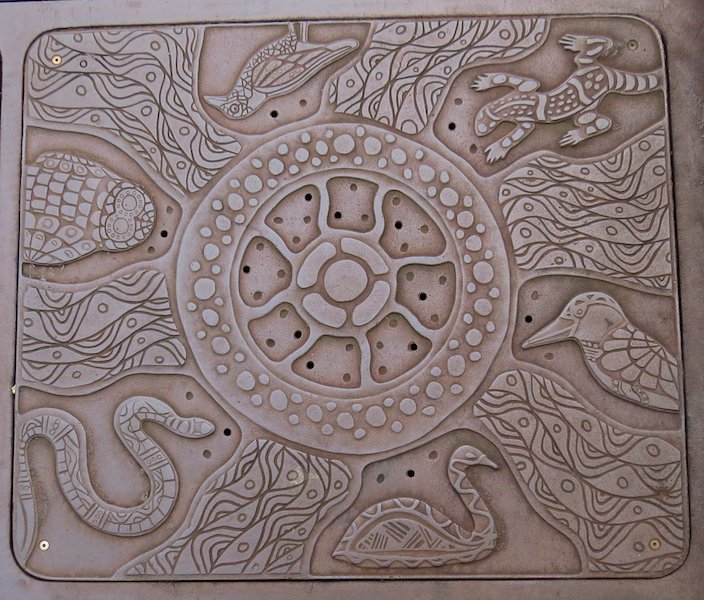Writing From the Inside Out 2024 Week 112 Prompts
based on Mary Oliver’s, Black Snake
If you wish to attend the read around (t’s free, fun, a great way to share, and reading a poem is optional). Note: If you registered already, you do not need to register again, simply use the link sent to you in your confirmation email. Register Here:
Next Read-Around is 3/14/2024 at 5:00 PM PST
How It Works:
Read the poem
Do your own reflection on it, noting what it inspires in you
Feel free to use your own reflection as your prompt or…
Use the selection of prompts below
Pick one that inspires you and write (feel free to use only one or write several poems using different prompts) or…
Don’t use any of the provided prompts and follow your inspiration from wherever it comes
My Thoughts
I first encountered Mary Oliver’s poem, Black Snake, as a fragment starting from the line: reason burns a brighter fire in the second half of the poem. Even as a fragment, I knew the poem ended with the death of the snake, information clearly provided in the beginning part I did not originally see. In the confext of the whole poem, the final line meets two criteria for a good ending that Ellen Bass offered in one of her craft talks: an ending should be a surprise and yet seem inevitable. Oliver’s poem starts from a moment in time when the narrator stops on the road to remove a dead snake’s carcass and place it back in nature. The poem then expands out a bit as the narrator ponders the inescapable finality of death; and finally zooming out further by expanding the timeframe: from a single tragic moment to a season of moments before the fatal encounter on the road. For me, the poem highlights how often we suffer our tragedies in isolation: not only by isolating ourselves from our support systems; but also isolating the tragic moment in our mind by stripping it of context, magnifying the tragedy, and then focusing all our mulling and fretting on it. So far as I can tell, life simply moves on with its flux and flow while we strain our neck fixating on the accident and repeatedly poking at our wounds to test the persistence of pain. Life flows on—before, during, and after— every moment, nomatter wiether it is dull or striking, inconsequential or momentous. Once we put the incident back in the stream, we can begin to let it go.
The Black Snake
When the black snake
flashed onto the morning road,
and the truck could not swerve–
death, that is how it happens.
Now he lies looped and useless
as an old bicycle tire.
I stop the car
and carry him into the bushes.
He is as cool and gleaming
as a braided whip, he is as beautiful and quiet
as a dead brother.|
I leave him under the leaves
and drive on, thinking
about death: its suddenness,
its terrible weight,
its certain coming. Yet under
reason burns a brighter fire, which the bones
have always preferred.
It is the story of endless good fortune.
It says to oblivion: not me!
It is the light at the center of every cell.
It is what sent the snake coiling and flowing forward
happily all spring through the green leaves before
he came to the road.
—Mary Oliver
https://www.ronnowpoetry.com/contents/oliver/BlackSnake.html
Prompt Ideas
Journal or write a poem about the life of a snake.
Journal or write a poem about hitting, or nearly hitting, an animal while driving.
Describe a time when you saw a dead animal on the road. What did it elicit in you? What did you do about it, if anything?
Journal or write a poem that starts with a specfic moment and then zooms out to a larger timeframe, either what led up to it (the past) or the after-effects of it (the future), which offers a different perspective to the original moment.
Journal or write a poem that starts with a specfic scene and then zooms out to larger and larger contexts. (For example, the little girl clutching a stuffed animal and crying to a larger scene with another kid holding the torn off ear, to the adults nearby talking across the picnic table while older sister puls mom’s shirtsleeve quietly to get her attention, to the surrounding cluster of trees where magpies dive at intruders…
Journal or write a poem about atime when you obsessed about death or something difficult. What did it teach you? How did you exit the loop?
What “brighter fire” burns under your worries? What story do your bones prefer ther than the one you tell yourself when facing difficulty?
As usual, write about anything else in the poem or in life that inspires you.
